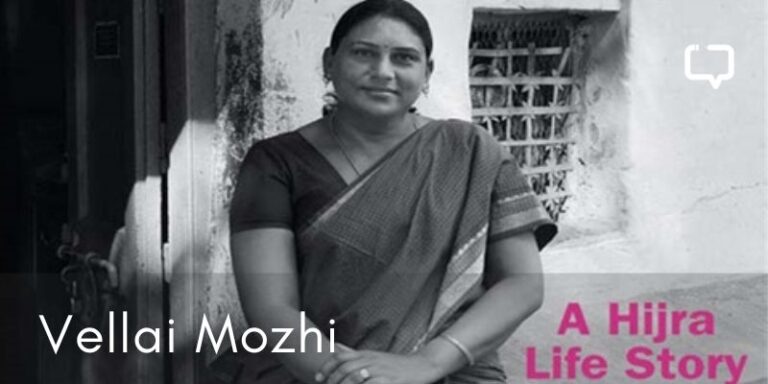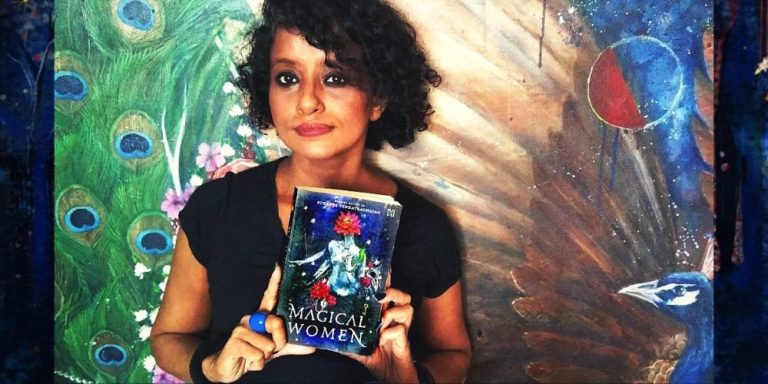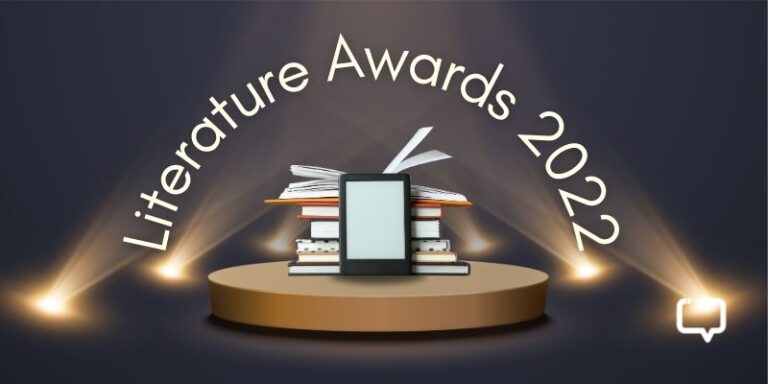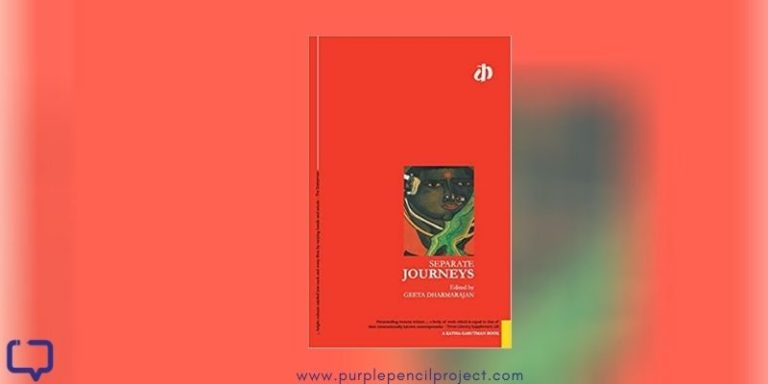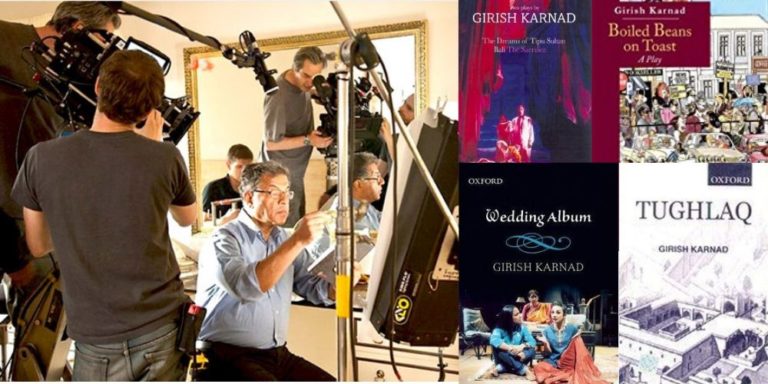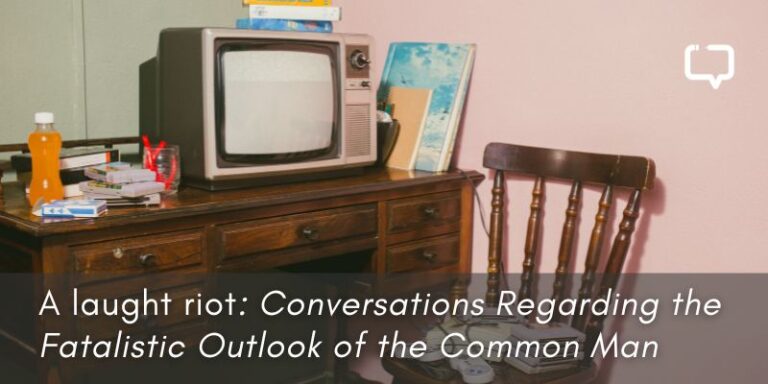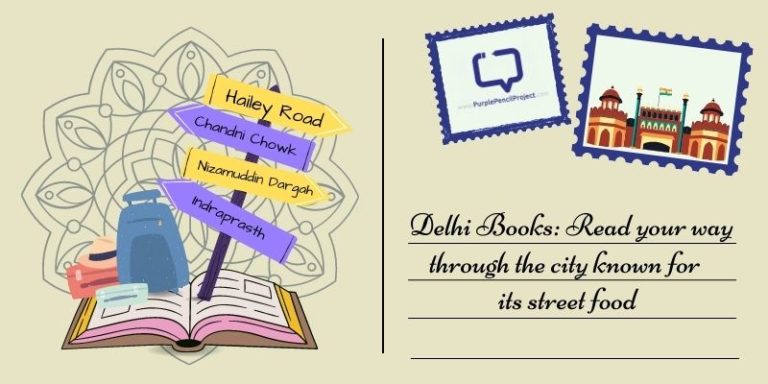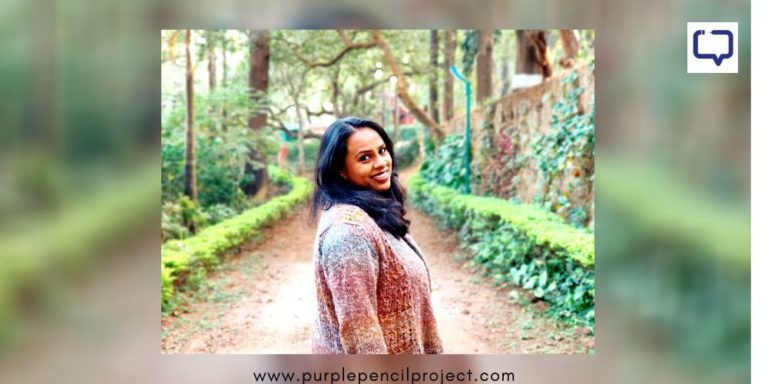Art education, curating art exhibitions, journalism, teaching, food – what came first to Tanya? Does your engagement with each of these arts feed (pun intended!) into each other? If yes, how so?
Tanya Abraham: I started writing for local newspapers as a young mother and went into serious journalism a few years later. Enroute I started writing about art. Art was always a part of me, as a child I painted a lot and visited art galleries and art exhibitions with my father when we travelled.
I follow my heart in work, so I write about what I love and and follow the route of creativity. It’s the reason I founded The Art Outreach Society (TAOS), which includes art education, community outreach and curates and hosts art exhibitions. And yes they definitely do feed into each other (literally!). Cooking for me is a highly creative arts practice, it personifies a woman (I guess being a woman I work with the gender identity a lot) and her life, customs, traditions….what is taught, learnt, and situated.
So when I wrote the book on food it was the cultural aspects that I was interested in, the archives, the stories. I have now pulled it into my curatorial work with the project Who Put Out the Fire?.…kitchen as spaces reflecting gender roles and echoing patriarchy. Mainly, my work always resonates what I feel, think, and is, so my work in various fields also tends to do so.
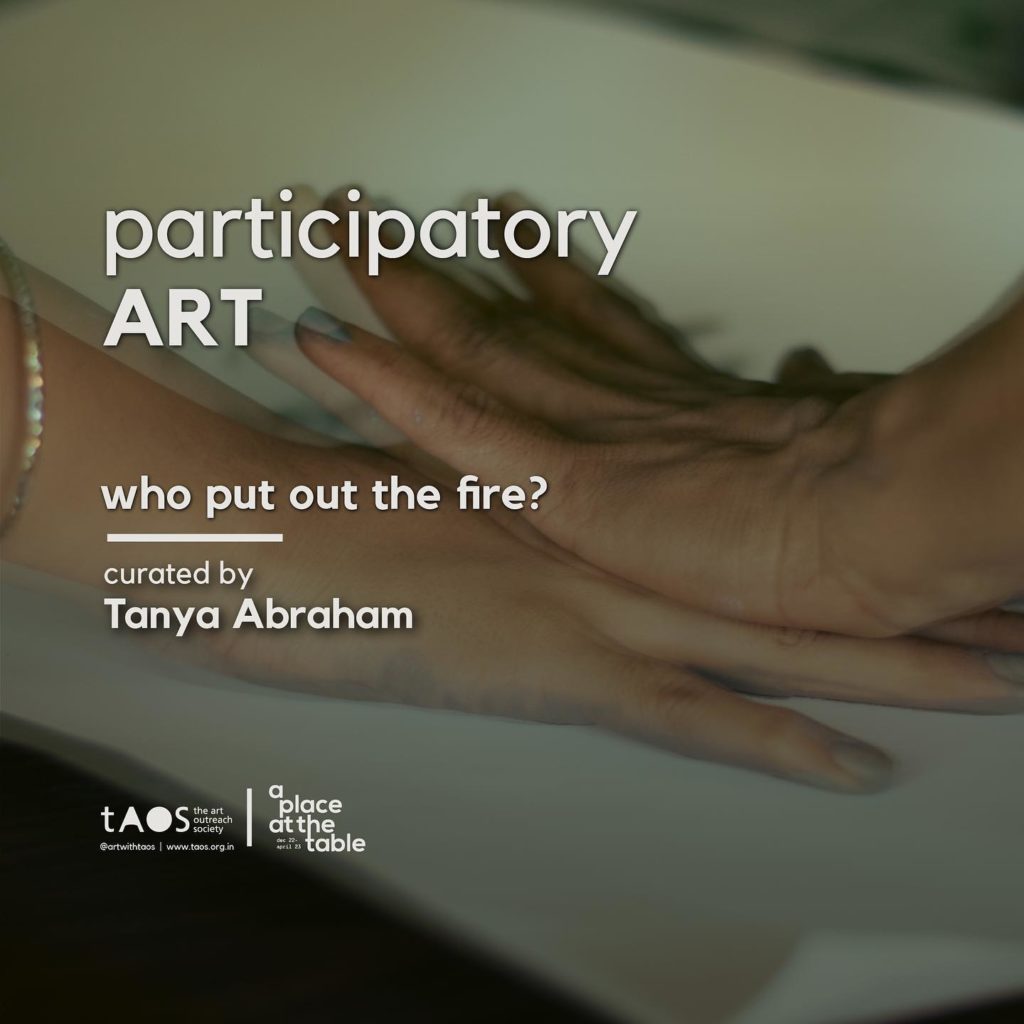
When did food and storytelling intertwine in your life? Is there a memory or an event when you realised that food was more than something delicious or something filling, and spoke about something bigger? What is your favourite food memory from your life?
Tanya Abraham: I love food. I love examining flavours and I think people who cook are creative people, and cooking is a strong artistic practice. As a child I had two fantastic cooks influence what I ate and absorbed visually and in flavour – my paternal grandmother and my mother. It was interesting to also observe the memories associated with their work in the kitchens, what the space signified, the possibilities and the limitations.
As for memory – both these individuals kept the homes alive with their cooking. The guests, the experiments with food…the larger communal exchange in the town I lived in was often through food.
What kind of research, besides lived experiences, did you have to undertake when writing Eating With History? Were there ancestral recipe books that came in handy?
Tanya Abraham: Except for one Syrian Christian family, no others had any recipe books in hand. It was all from memory. The family had made a collection of recipes from women in their family, it was a large and extensive family. My research was very journalistic in a way, I visited so many homes to gather cultural details and recipes. I also visited professors at universities and discussed the facts regarding cultures as there is little recording regarding food culture. It has only been preserved through oral documentation of sorts.
Do you enjoy cooking? Are there cookbooks or recipe books that you go to?
Tanya Abraham: I do, but not on a daily basis! I have to find the time to cook and then it becomes very enjoyable to examine how recipes call for artistic thinking. I usually read a recipe and then derive something out of it. I don’t necessarily follow a book.
A little about you as a reader outside of the food and art spectrum- what are the other genres you like reading? Do you read in Malayalam? What are the books that you absolutely love or authors you love?
Tanya Abraham: I read subjects that interest me, historical fiction for one. I also like reading autobiographical works, and on metaphysics! I read Malayalam but unfortunately not Malayalam books. A big draw back for me as I see it now. I think I am loosing out much from such a beautiful language. I intend to start without much delay.










